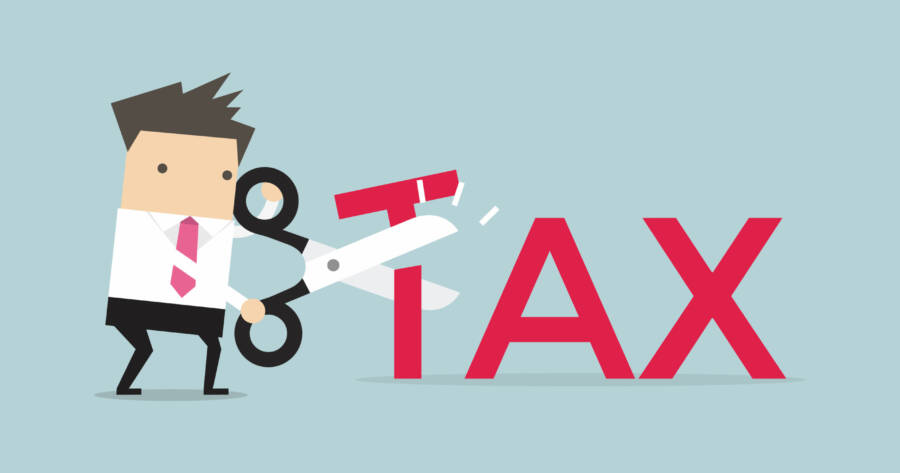A tax abatement is a form of relief that reduces the amount of tax a person or business is required to pay, sometimes lowering penalties as well when a reassessment shows a smaller liability than initially calculated. Although abatements can arise from overpayments, the term is more commonly connected to incentives designed to encourage investment or community development. Governments often use them to support economic expansion, infrastructure projects, charitable work, or other activities that provide broader public benefits.
Incentives and Benefits
Tax incentives are a type of abatement. For example, businesses might get a tax break by investing in capital equipment. Some cities will lower the property tax payments on homes and businesses in depressed areas. It’s an attempt to encourage individuals (or business owners) to move in and help revitalize those communities.
In most instances, abatements will lower a tax bill but won’t eliminate it altogether. Still, abatements can save individuals and business owners substantial amounts of money on the taxes they owe. Some municipal governments offer property tax abatements to people who restore or improve historic properties. Non-profit businesses are also frequently granted tax abatements based on the owner’s tax-exempt status.
Usually, a government only offers a tax abatement when a business or individual provides something of value in the community. The other scenario is if there has been an overpayment of taxes owing. For example, a city government may give a tax break to a business in return for an investment in the city — like a new retail location, factory, or warehouse. This can provide the added benefit of increasing jobs and investments in a city or municipal region. You might have heard lately about various cities or states offering tax breaks to Amazon, for example. They are attempting to persuade the online retail giant to build its next fulfilment facility in their backyard, providing new jobs. This is a form of tax abatement.
Disadvantages of Abatements
While there are many advantages to tax abatements, there are also some disadvantages to be aware of. These include the fact that tax abated properties are often in less desirable neighborhoods. Many of them have higher crime rates. The tax abatement is an incentive to encourage people to redevelop and move into these impoverished or otherwise troubled areas. Whether these revitalization efforts ultimately prove successful is usually a big question mark. If the neighborhood doesn’t improve, property values could remain flat or even decline. That makes those tax abatements not nearly as valuable. People and businesses could still end up losing money, despite the tax break.
Most people continue to live in a home past the end of the abatement period. That typically means they inevitably experience a significant jump in their property taxes. It’s important that anyone receiving an abatement calculate whether they can afford a property after an abatement period ends. There will certainly be an increase in the annual taxes owing.
A tax abatement doesn’t provide certainty over how much property taxes are ultimately owed. Even during the abatement period, tax bills can change. A shift in a tax rate or a special assessment could cause a property tax bill to increase unexpectedly. Of course, changes in tax rates or property values could also cause a property tax bill to decrease (although this is less common). Finally, the city can cancel a tax abatement for people who become delinquent on their property tax payments. For this reason, it’s always important to stay current on tax payments.
The Bottom Line
Tax abatements do have their advantageous. However, it’s important to remember that governments most often use abatements to encourage investments by individuals or businesses. That means opening a new factory or store, buying capital equipment, or purchasing a house in a “less desirable” neighborhood. Sometimes it works out, but not always.
Often referred to as “tax incentives,” abatements might help save tax dollars. However, there is often a trade-off required in the form of money spent on a specific investment.
Tax abatements typically run for a set period. They can sometimes change without warning. There is no guarantee that an investment made as part of a tax abatement will lead to a positive return. Losses can also occur. For these reasons, it is best for anyone to read up on tax abatements before they take part. You should understand exactly how they work and the risks involved. As with any investment, tax abatements should be treated as calculated risks. You should always take appropriate steps to protect your capital, whether it’s a family home or new business venture.





